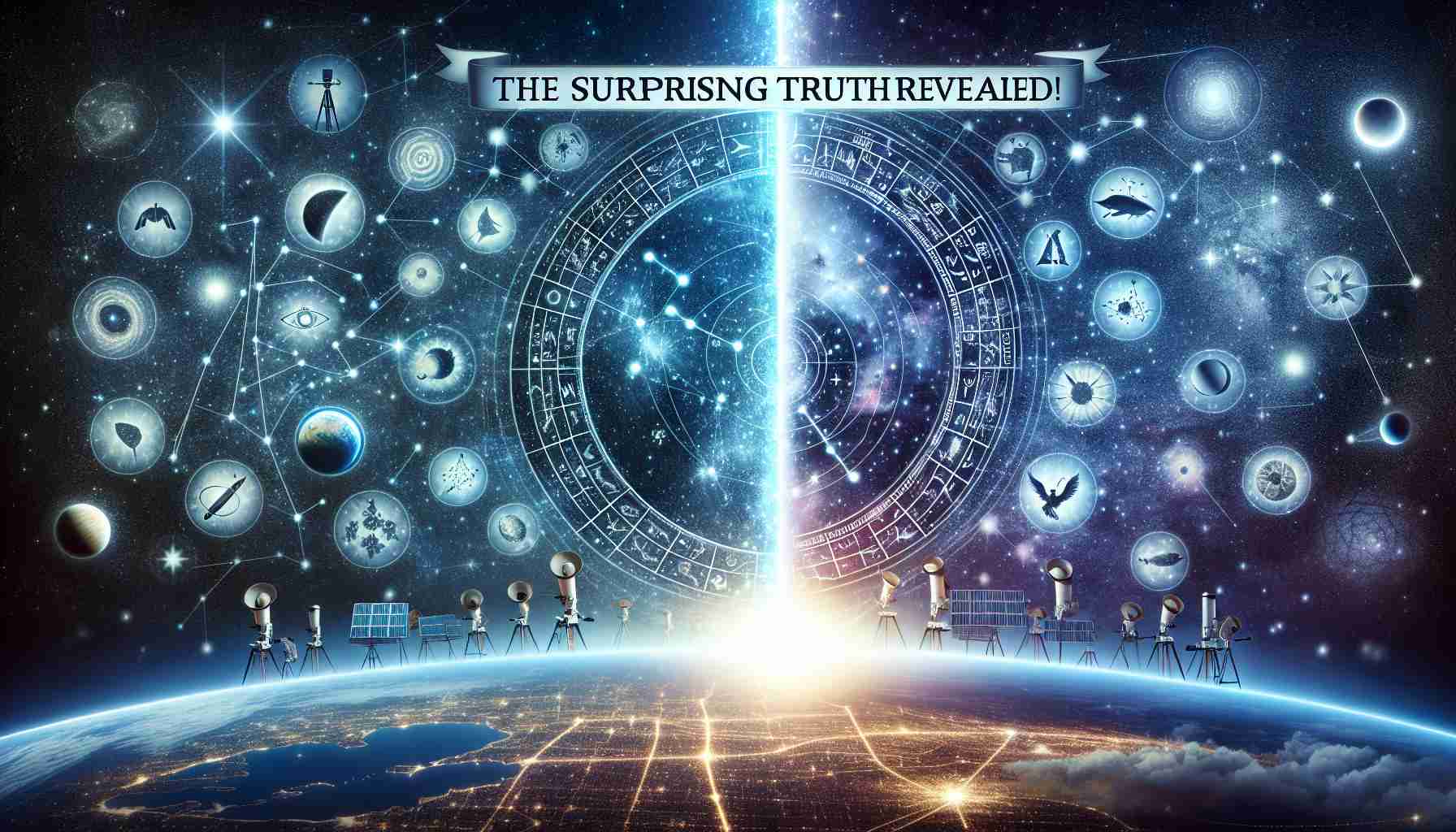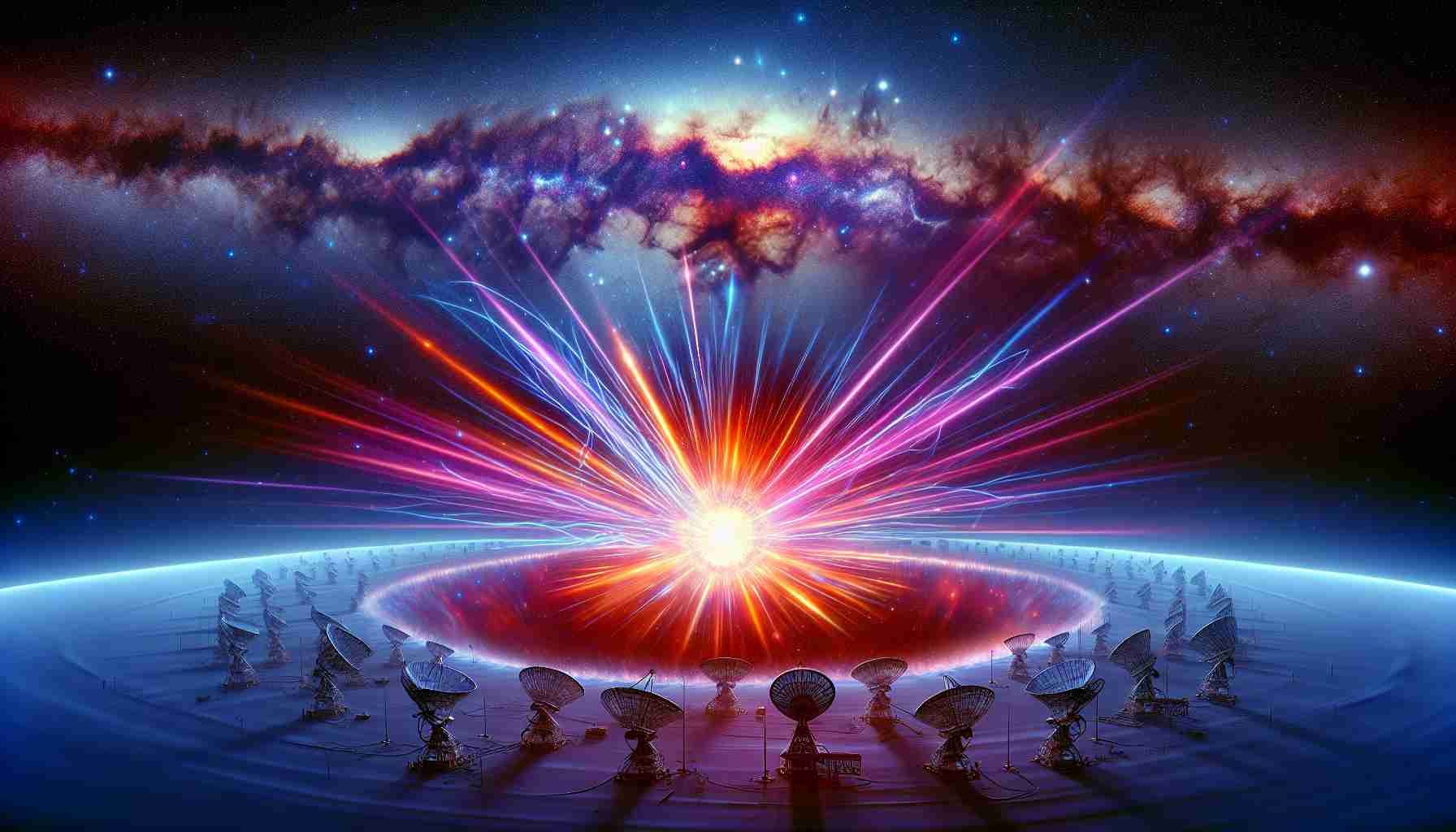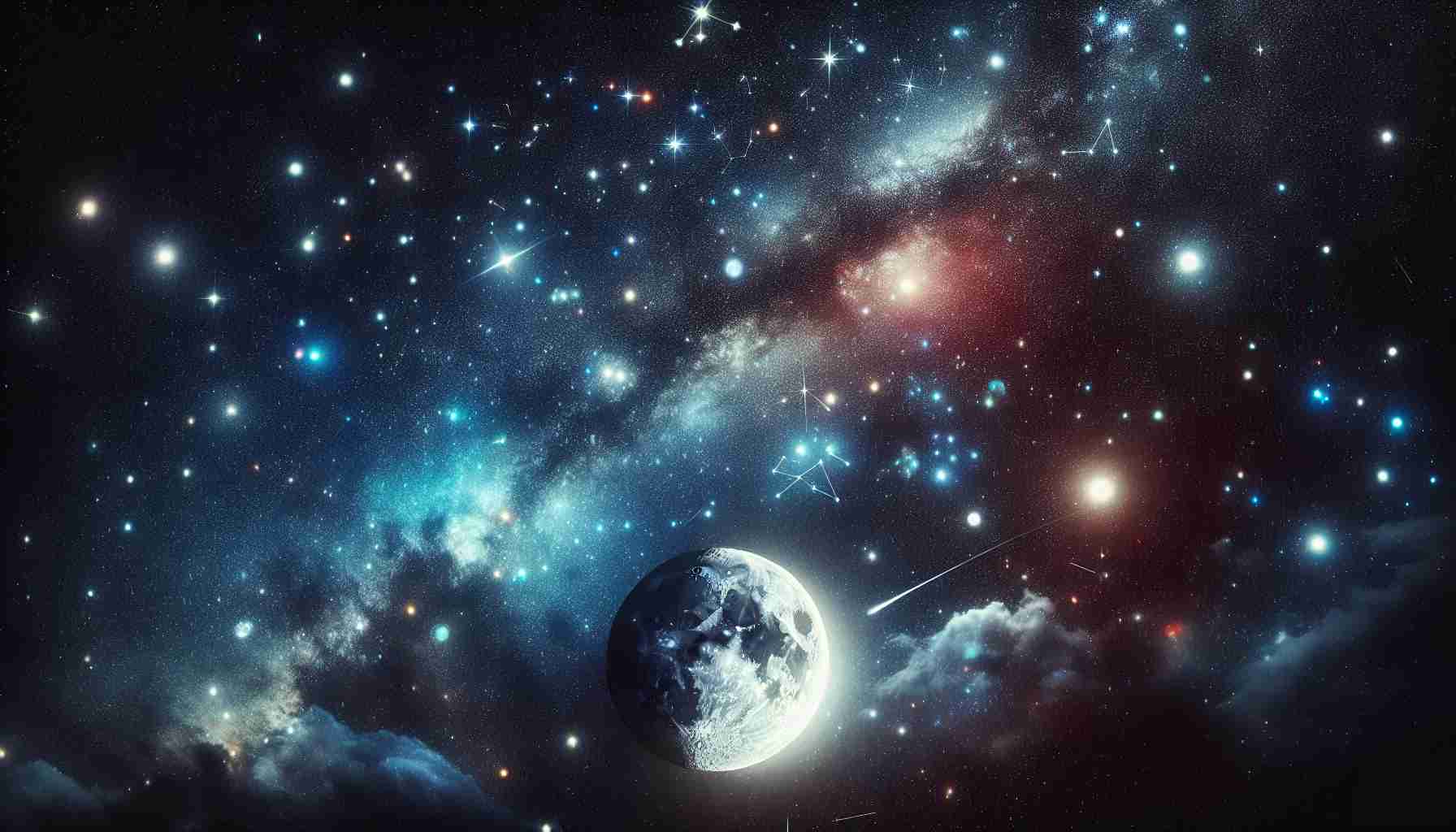Astrology or Astronomy? The Surprising Truth Revealed!
### Understanding the Distinction
Astrology has captivated humanity by proposing that celestial bodies influence our lives. However, in the Islamic faith, there is a significant distinction between astrology and astronomy.
Astronomy holds a respected place in Islamic teachings, recognized as a legitimate science that enhances understanding of God’s magnificent creation. The Quran illustrates the importance of celestial bodies as symbols of divine power, noting their phases and roles in marking time.
In contrast, astrology—the belief that stars and planets dictate human characteristics and fates—is outright rejected within Islamic doctrine. This rejection stems from a fundamental belief in **Tawheed**, the oneness of God. Believing celestial bodies hold independent power undermines this principle and is considered a form of shirk, associating partners with Allah.
Moreover, Islamic teachings assert that only Allah has knowledge of the unseen, making astrology’s predictive claims contradictory to Quranic tenets. Prophet Muhammad condemned astrology, warning that engaging in it detracts from one’s faith and equates it with practices like magic, which are forbidden.
While some historical figures within Islamic civilization explored both fields concurrently, they maintained strict boundaries to uphold Islamic values. Despite modern popularity of astrology in some cultures, religious scholars continue to emphasize reliance on Allah through prayer, personal effort, and rational thinking. For Muslims, the universe serves as a sign of God’s greatness, guiding them to seek their path through faith, rather than through astrology’s uncertain promises.
Why Understanding the Divide Between Astrology and Astronomy is Essential for Muslims
### Understanding the Distinction
Astrology and astronomy are often confused, yet within the Islamic faith, they represent two distinct concepts with differing impacts on spirituality and knowledge. While astronomy is embraced and respected, astrology is outright rejected. This distinction is integral to understanding belief systems in Islam and their relation to celestial phenomena.
### The Importance of Astronomy in Islam
Islam prizes astronomy, recognizing it as an essential science that enriches one’s understanding of Allah’s intricate creation. The Quran references celestial bodies frequently, highlighting their roles in the universe and the divine order. For example, the planetary movements and the phases of the moon are not only scientific observations but are also tied to Islamic practices such as determining the months of Ramadan and Eid.
### Why Astrology is Rejected
The reasons behind Islam’s strong stance against astrology are primarily rooted in the core belief of **Tawheed**, which emphasizes the oneness of God. The Islamic perspective sees belief in astrology as an affront to this principle, as it attributes independent power or influence to celestial bodies, which could lead to the sin of shirk—associating partners with Allah. Astrology’s predictive nature is challenging to Islamic tenets, as it denies Allah’s exclusive knowledge of the unseen.
### Historical Context
Throughout history, some Muslim scholars engaged with both astronomy and astrology; however, they maintained a firm separation between the two disciplines. Prominent figures in the Islamic Golden Age, such as Ibn al-Haytham and Al-Battani, made significant contributions to astronomy while acknowledging the limitations and inaccuracy of astrological predictions. This reflects the Islamic view of using rational thought and empirical evidence to understand the cosmos.
### Modern Trends and Insights
Despite its rejection in Islamic theology, astrology has seen a resurgence in popularity across various cultures, influencing a growing demographic who seek personal meaning from the stars. This trend poses challenges for Islamic communities, prompting scholars to reaffirm the faith’s position on reliance solely on Allah and rational inquiry.
### FAQs About Astrology and Astronomy in Islam
**Q: Why does Islam reject astrology?**
A: Islam rejects astrology because it contradicts the principle of Tawheed, attributing powers to celestial bodies and suggesting predictive knowledge that should only belong to Allah.
**Q: How does Islam view astronomy?**
A: Astronomy is viewed as a significant scientific field that helps to appreciate Allah’s creation and is integral to Islamic practices, such as determining the Islamic calendar.
**Q: Can Muslims study astronomy?**
A: Yes, Muslims are encouraged to study astronomy and other sciences as a way to explore and understand the world created by Allah.
### Conclusion
In summary, the divergence between astrology and astronomy in Islam is crucial for maintaining the integrity of the faith’s teachings. While astronomy is celebrated for its contributions to knowledge and worship, astrology is dismissed as a misleading practice that undermines the belief in God’s sole dominion over the universe. As the allure of astrology continues in contemporary society, the importance of returning to the fundamentals of faith and reason remains imperative for Muslims.
For more insights on Islam and its teachings, visit Islamic Studies.














